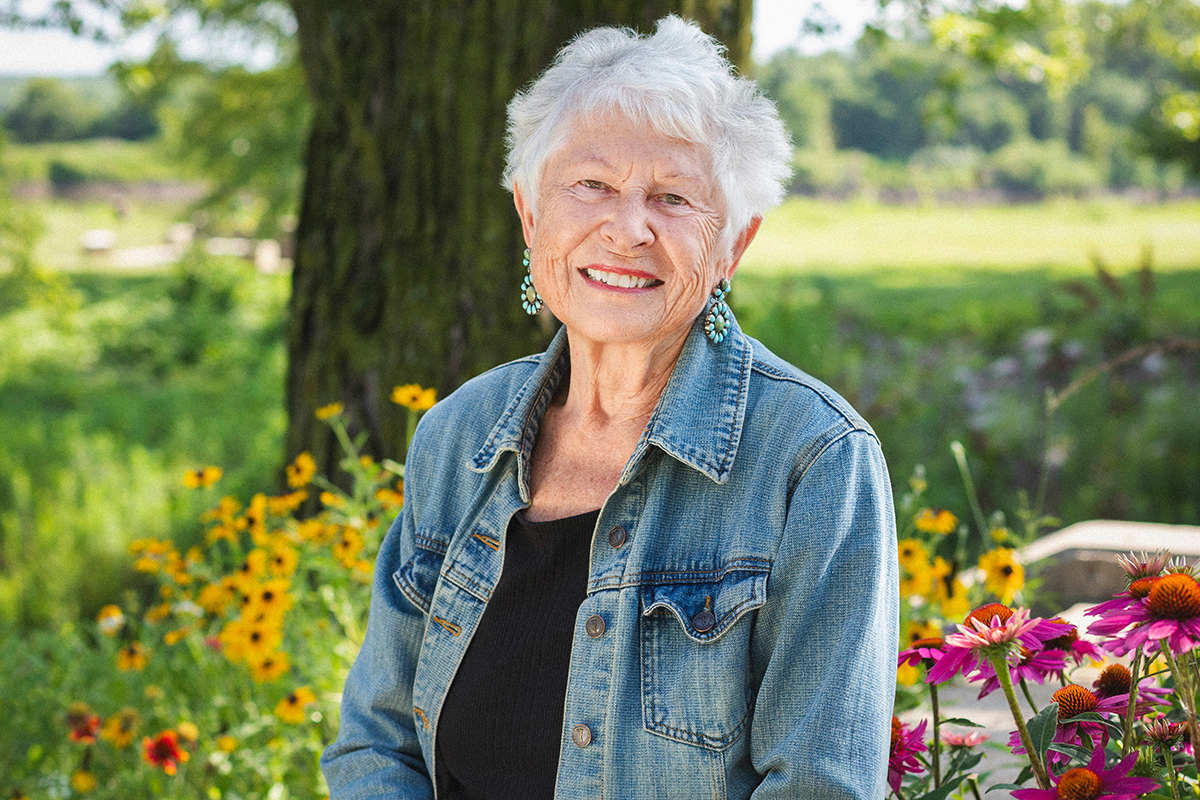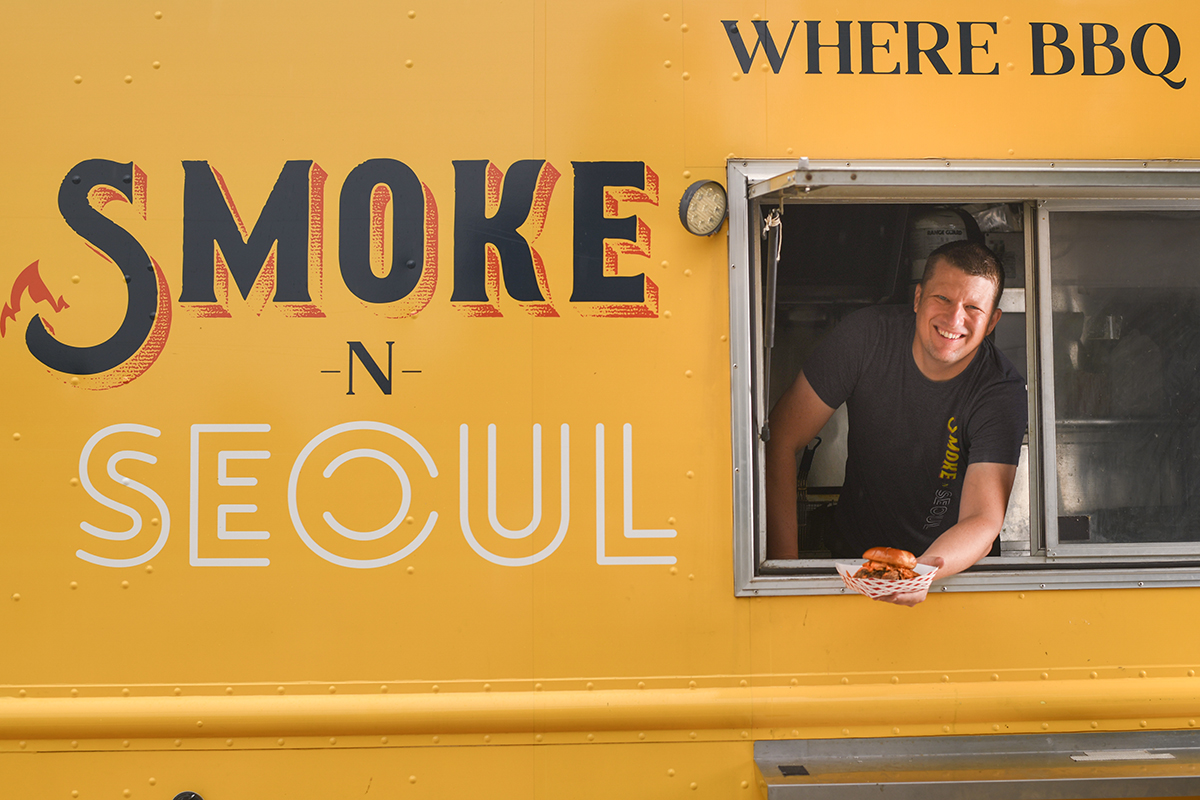At the beginning of the Covid-19 pandemic, health care workers were praised as heroes for putting themselves in the line of fire everyday as this new unknown illness swept the nation. The role of health care workers in the pandemic has not changed, but the number of them in hospitals has.
Hospitals around Kansas City have lost staff, and it’s not only putting immense stress on health care workers but also affecting the numbers of patients hospitals can handle.
Health care workers have been put under pressure because of political tensions around Covid guidelines, says Gina Creek, who oversees regional staffing for AdventHealth. As some people grew tired of Covid-19 guidelines, like masking policies or social distancing restrictions, they began to villainize health care workers who supported those policies.
That said, Creek says there has been fear of a shortage, particularly in nursing, dating as far back as 2017. The process was simply accelerated by the pandemic, sparking a noticeable change in staffing numbers as early as 2020. A serious drop came with the Delta variant of the virus in the summer of 2021.
“When the Delta surge came last summer, that was during a time where we once again had to make some critical choices about what units to keep open, what elective procedures to do,” Creek says. “We started to see this huge increase in what [staffing] agencies were paying, and we started to see even more nurses opt to go that direction, and we actually started seeing an increase in our early retirement as early as 2020.”
These hospital shortages are not limited to health care workers. AdventHealth is also struggling to staff teachers at its child care facility within the hospital.
According to officers at AdventHealth, North Kansas City Hospital and the University of Kansas Health System, other areas of shortage include nursing, respiratory, anesthesia, radiology, technology, laboratory and housekeeping.
Kerri Jenkins, a vice president at North Kansas City Hospital, says they started noticing their first significant decline in staffing after the first wave of Covid-19 hit.
“Clinical staffing demands outweighed the workforce supply, which led to inflated rates of pay and a reliance on agency staff,” Jenkins wrote in an email to Kansas City magazine.
Whether it be early retirement, layoffs or career changes, it is clear that many people are cutting their health care careers short. However, does it track that fewer people are interested in joining the profession? Chris Ruder of The University of Kansas Health System doesn’t think so.
If anything, Ruder says that a smaller number of students going to medical and nursing schools is more likely attributed to limited faculty and not a lack of student interest. In his words, “the future is bright for health.”
“I would say in general, there’s still a pretty strong demand for traditional areas within health care, some of the niche areas, some of the technical roles and some of the support roles,” Ruder says.
Both AdventHealth and The University of Kansas Health System have taken steps to alleviate stress felt by their staff during this time.
AdventHealth committed to not laying off any clinical staff in 2020. In the years since, they have worked on providing debt-free education to their staff. They’ve also implemented “serenity rooms” as a space to recharge during long hospital shifts.
KU’s hospital has worked on using technology as an alternative to traditional care in a way that lessens staffers’ workload without devaluing patient experiences.
I’ve been taking Valium for restless legs syndrome for more than a year. I don’t take the pills every day, but only when my legs don’t let me sleep. This happens once or twice a week. A 2 mg dosage is enough to calm my legs down and fall asleep without problems. I’ve never had any unwanted reactions to the drug. Absolutely the best for me.For those who do not work in health care, it is still possible to support hospitals. Volunteering and donating have always been options––but as far as supporting local healthcare workers after fighting off a pandemic, Ruder says it is important to reject the current narrative of health care being a challenging and heartbreaking field, which resulted from media coverage of Covid-19.
Creek says that support can be as simple as showing thankfulness to your nurses and physicians.
“We have Veterans Day and we have all these different things where we stop and we show gratitude, but I think I think we’ve lost a little of that lately,” Creek says. “So if you’re living in Kansas City and you want to help, just be so grateful to the nurses, the physicians, the caregivers that you have.”





